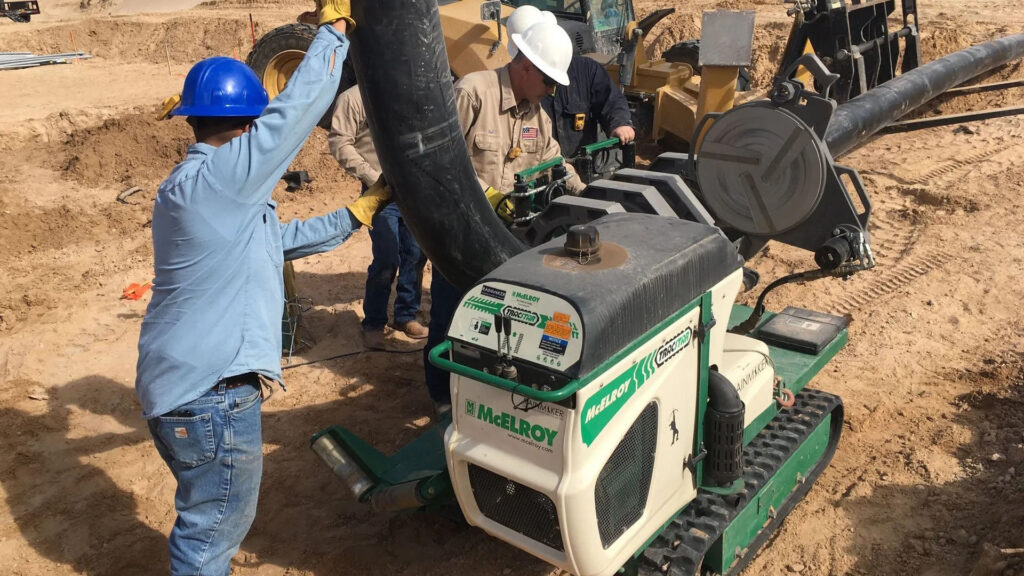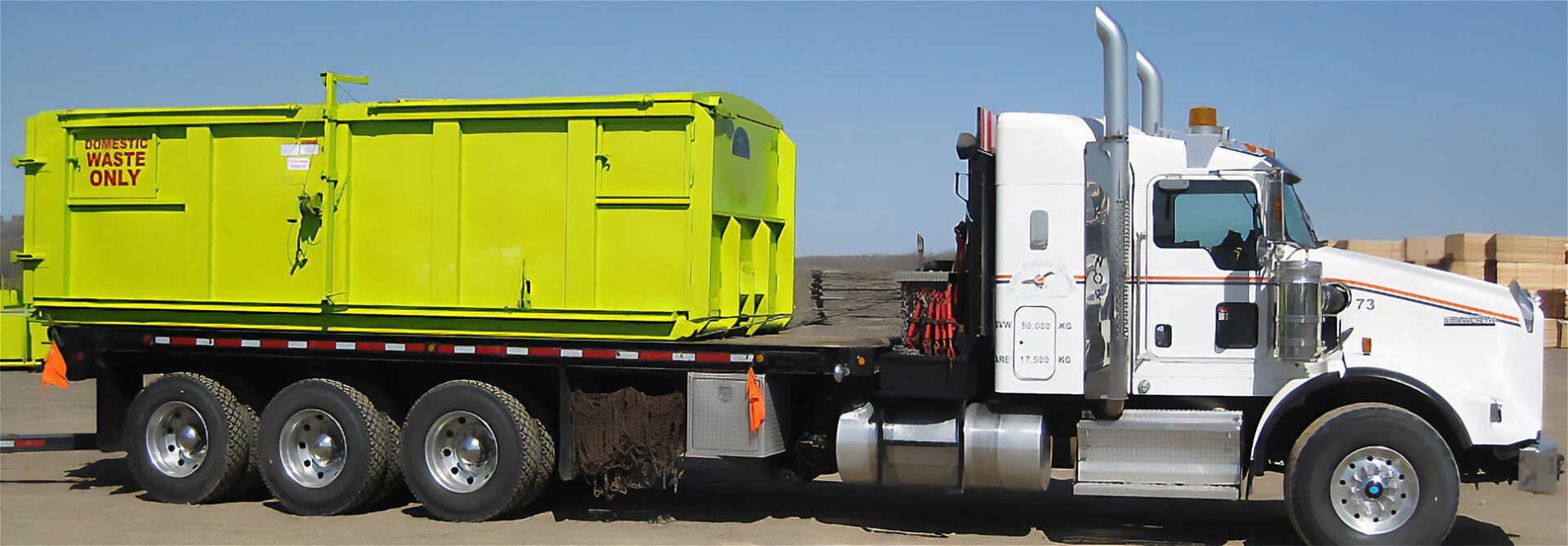Superior Rentals near me: where to locate the best rated rental services
A Comprehensive Guide to the Different Sorts Of Oil Field Equipment and Pipeline Equipment Available
The oil and gas sector depends heavily on specialized equipment for reliable removal and transportation. Numerous kinds of equipment, from piercing rigs to tank, play essential roles in this complicated process. Each item of tools serves unique features that add to general functional success. Understanding these elements is important for anyone included in the market. As the sector progresses, so as well do the innovations that support it. What advancements are on the perspective?

Drilling Rigs: The Foundation of Oil Expedition
Drilling rigs function as the essential equipment in the domain of oil expedition, enabling business to access hydrocarbon books hidden deep beneath the Planet's surface area. These rigs can be found in various kinds, consisting of land rigs, offshore rigs, and mobile systems, each developed to operate in certain settings. Outfitted with advanced modern technology, drilling rigs can penetrate geological formations with accuracy, making sure reliable resource extraction. The structural integrity and functional abilities of these rigs are critical, as they should endure severe problems and considerable stress. The selection of a boring gear affects the total job cost and timeline, making it a vital consideration for oil business looking for to optimize their expedition initiatives and make best use of productivity in their operations.
Pumps: Vital for Fluid Activity
In the oil removal process, the duty of pumps is considerable, helping with the movement of fluids throughout various phases of production. Pumps are vital for carrying petroleum, water, and various other fluids from underground reservoirs to the surface area and after that via pipelines to refineries. They come in numerous types, including centrifugal, favorable variation, and submersible pumps, each offering specific purposes based upon the fluid qualities and operational requirements. Centrifugal pumps are commonly utilized for their performance in high-flow applications, while favorable displacement pumps stand out in taking care of viscous liquids. The selection of pump influences general efficiency, functional security, and upkeep prices. Correct selection and maintenance of pumps are important for optimizing manufacturing and decreasing downtime in oil area procedures.
Valves: Controlling Circulation and Pressure

Valves play an important duty in managing the circulation and pressure of fluids within oil areas and pipes. Different sorts of shutoffs serve distinctive applications, each developed to satisfy specific features fundamental for effective operation - Superior Oilfield Rentals Texas. Recognizing the characteristics and uses these shutoffs is necessary for optimizing system performance and security
Kinds of Valves
Crucial components in oil field procedures, shutoffs play an essential role in controlling the flow and pressure of liquids within pipelines and devices. Different kinds of shutoffs are used to fulfill the diverse demands of oil and gas manufacturing. Typical kinds consist of gateway valves, which provide a straight-line flow and marginal stress drop; globe shutoffs, recognized for their throttling abilities; and sphere shutoffs, recognized for their quick on/off control. In addition, check valves prevent backflow, while butterfly shutoffs supply a light-weight solution for regulating flow. Each valve kind is made with certain materials and setups to endure the harsh conditions typically found in oil fields, making certain integrity and effectiveness in operations. Comprehending these types is essential for reliable system monitoring.
Valve Applications and Functions
While different kinds of valves serve unique functions, their key applications rotate around managing circulation and pressure within oil and gas systems. Valves such as entrance, globe, and round shutoffs manage liquid motion, making certain peak performance and safety. Gate valves are typically made use of for on/off control, giving marginal flow resistance. World shutoffs, on the various other hand, deal precise circulation regulation, making them appropriate for strangling applications. Round valves are favored for their fast procedure and limited securing abilities. In addition, pressure safety valve are crucial for protecting against system overpressure, protecting equipment integrity. On the whole, the suitable selection and application of valves boost operational efficiency, ensuring the dependable transportation of oil and gas through pipelines and handling centers.
Compressors: Enhancing Gas Transport
Compressors play a critical duty in the reliable transportation of all-natural gas, making certain that it relocates smoothly through pipes over fars away. These devices raise the pressure of gas, permitting it to get over friction and elevation modifications within the pipeline system. Furthermore, compressors facilitate the balancing of supply and demand, suiting changes in consumption and manufacturing prices. Different sorts of compressors are utilized in the market, including centrifugal, reciprocating, and rotating screw compressors, each offering distinct benefits based on the functional requirements. Routine upkeep of these compressors is vital to optimize effectiveness and minimize downtime, ultimately adding to a trustworthy gas transport network. Their crucial function underscores the relevance of compressors in the general oil and gas infrastructure.
Storage Tanks: Safe and Effective Liquid Administration
Effective transport of gas relies upon numerous support group, among which is the correct management of tank. These tanks play a necessary function in securely consisting of liquids, ensuring that functional performance is preserved while decreasing environmental threats. Built from sturdy products, they are developed to endure high stress and destructive aspects. Correctly sized and purposefully located, tank promote the smooth flow of all-natural gas and other fluids, avoiding traffic jams in supply chains. Regular maintenance and monitoring are essential to detect leakages or structural issues, advertising security and compliance with regulatory requirements. Ultimately, the effective monitoring of tank is important for the overall integrity and integrity of the oil and gas industry's fluid handling systems.
Pipeline Solutions: Infrastructure for Transportation
Pipeline systems function as the backbone of the oil and gas industry, helping with the effective transport of hydrocarbons over vast distances. These systems contain different components, including pipes, shutoffs, pumps, and compressors, all thoroughly developed to ensure smooth circulation. The products made use of in pipeline building and construction, often steel or high-density polyethylene, are selected for longevity and resistance to rust. Pipeline networks can cover across land and water, connecting manufacturing sites to refineries and warehouse. Furthermore, advanced innovation makes it possible for real-time surveillance of flow rates and stress levels, boosting operational efficiency. The critical positioning of these pipes minimizes ecological effect while making best use of source ease of access, thereby playing a vital duty in conference energy demands globally.
Safety And Security Equipment: Ensuring Worker and Environmental Management
The operation of pipeline systems, while essential for energy transportation, also presents significant security obstacles for workers and the environment. Security equipment plays a considerable role in reducing these threats. Individual safety devices (PPE) such as helmets, handwear covers, and non-slip shoes safeguards employees from physical dangers. In addition, gas detection systems keep track of for leaks, ensuring that harmful materials do not pose a hazard to workers or the surrounding environment. Emergency situation shutdown systems are vital for swiftly stopping operations throughout a dilemma, avoiding potential catastrophes. Spill containment products, Superior Rentals reviews including absorbents and barriers, are essential for decreasing ecological influence. Overall, investing in comprehensive security tools is crucial for keeping functional integrity and safeguarding both employees and the environment in the oil and gas market.

Often Asked Inquiries
How Do I Pick the Right Oil Field Equipment for My Task?
Selecting the best oil area devices entails evaluating task specifications, budget constraints, and functional demands. Take into consideration elements such as devices integrity, compatibility with existing systems, and the distributor's credibility to ensure peak performance and security.
What Are the Maintenance Demands for Oil Field Equipment?
Upkeep needs for oil area tools consist of routine assessments, lubrication, and prompt repairs. Operators ought to likewise stick to manufacturer standards, monitor performance metrics, and assurance compliance with security guidelines to improve durability and performance.

Exactly How Can I Guarantee Conformity With Environmental Rules?
To ensure compliance with ecological laws, business must perform regular audits, carry out ideal practices, invest in training, keep correct documentation, and remain updated on regulation (Superior Rentals reviews). Partnership with ecological firms can additionally enhance adherence to laws
What Is the Ordinary Life-span of Pipeline Equipment?
The average life-span of pipeline equipment typically varies from 20 to 50 years, relying on aspects such as material top quality, environmental conditions, and upkeep methods. Regular evaluations can significantly influence longevity and operational efficiency.
Just how Do I Securely Transfer Oil Field Equipment to Remote Locations?
Carrying oil area equipment to remote areas needs careful planning, consisting of path analysis, protecting authorizations, making use of proper automobiles, and making certain safety and security protocols are followed. Proper training and communication amongst teams are vital for successful transportation.